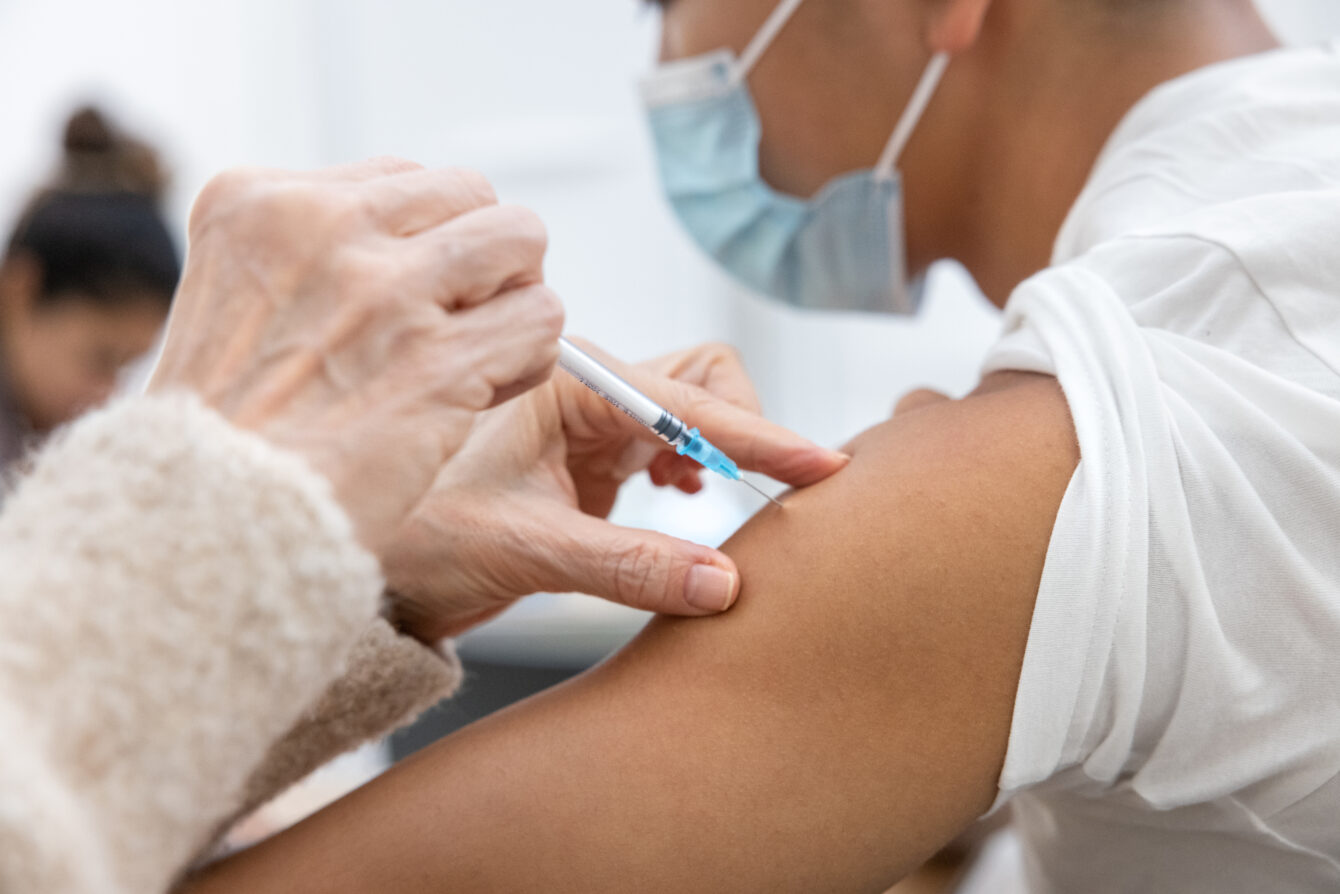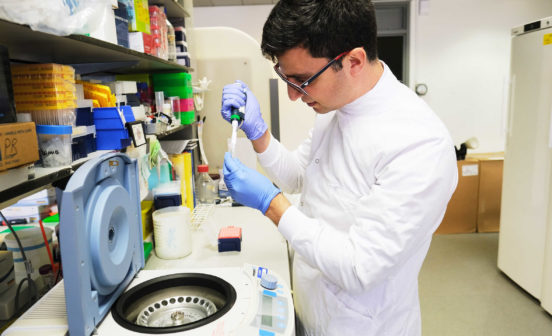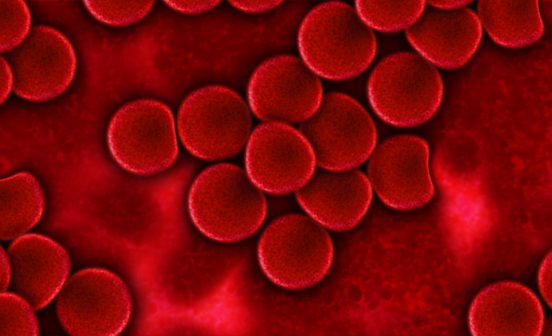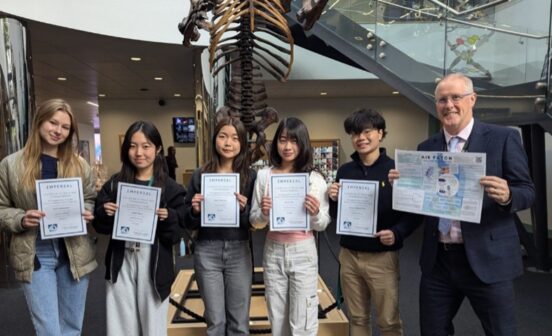Treatment Peanut allergy vaccine has the potential to transform allergy care

Phase 1 trials for a new peanut allergy vaccine show promising results, offering potential long-term relief from allergic reactions. Researchers at Imperial’s National Heart & Lung Institute (NHLI) have reported encouraging results from the first phase of clinical trials for a new peanut allergy vaccine.
In collaboration with industry partner Allergy Therapeutics, the team from Imperial has developed a vaccine using virus-like particle (VLP) technology to encapsulate the peanut allergen protein Ara h2. In the latest paper, published in the Journal of Allergy and Clinical Immunology (JACI), a phase 1 first-on-human clinical trial demonstrated the VLP peanut allergy vaccine’s safety and tolerability, with no reactivity observed during skin prick tests comparing the vaccine to control treatments.
This vaccine aims to ‘reset’ the immune system, potentially allowing the individual to tolerate peanuts without triggering the severe allergic reactions that often occur when peanut proteins are ingested.
Peanut allergy is one of the most common food allergies worldwide, with a sharp rise in prevalence over the past two decades. Strict avoidance of peanuts remains the main management strategy, but accidental exposure is still common, affecting 7–14% of peanut-allergic individuals annually. Oral immunotherapy, which involves gradually increasing exposure to small amounts of peanut protein, is a standard treatment to reduce the severity of reactions. However, many patients undergoing this treatment continue to experience allergic symptoms, highlighting the need for alternative therapies.
Professor Mo Shamji, Professor of Immunology and Allergy at the NHLI and senior author, said: “There is a critical need for a therapy that not only provides sustained protection during prolonged treatment-free periods, but also potentially offers a cure for peanut allergies. Our work aims to address this unmet need and the data we’ve gathered so far are extremely promising.”
Dr Janice Layhadi, an NIHR Imperial BRC-supported Research Associate at the NHLI and lead author, said: “We’ve shown that the vaccine avoids triggering allergic responses and instead modulates the immune system in a way that could pave the way for long-term protection. This is an important step forward in food allergy therapeutics and we’re excited for the next stage of clinical trials.”
With further clinical trials underway, this novel vaccine could represent an important step forward in managing peanut allergy, potentially offering improved protection from accidental exposure and progress toward longer-term relief for people living with peanut allergy.





